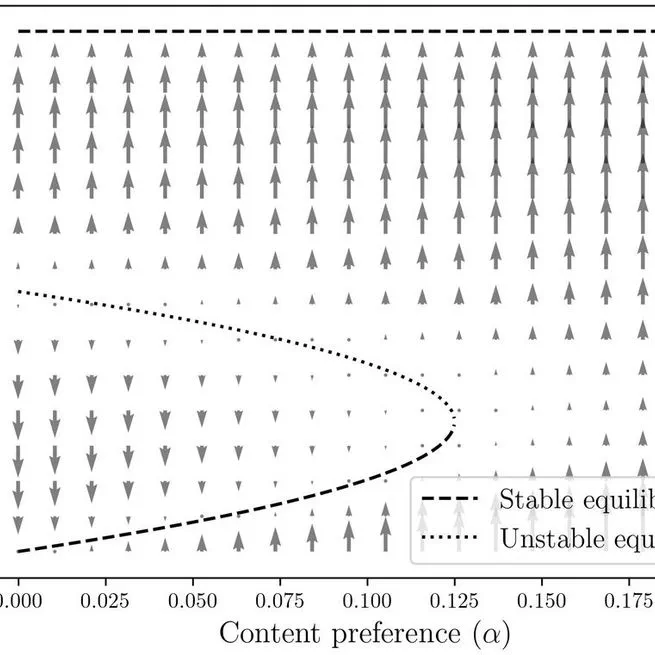
Weak individual preferences stabilize culture
Feb 21, 2025
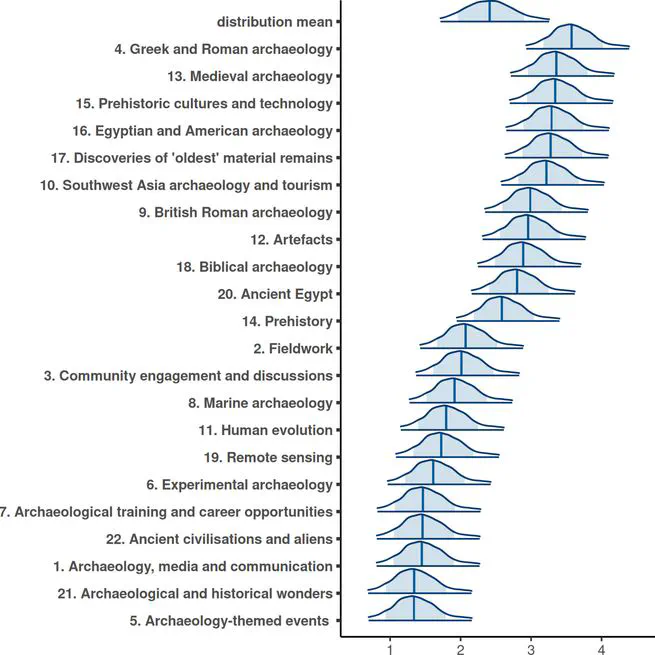
Positive sentiment and expertise predict the diffusion of archaeological content on social media
Jan 15, 2025
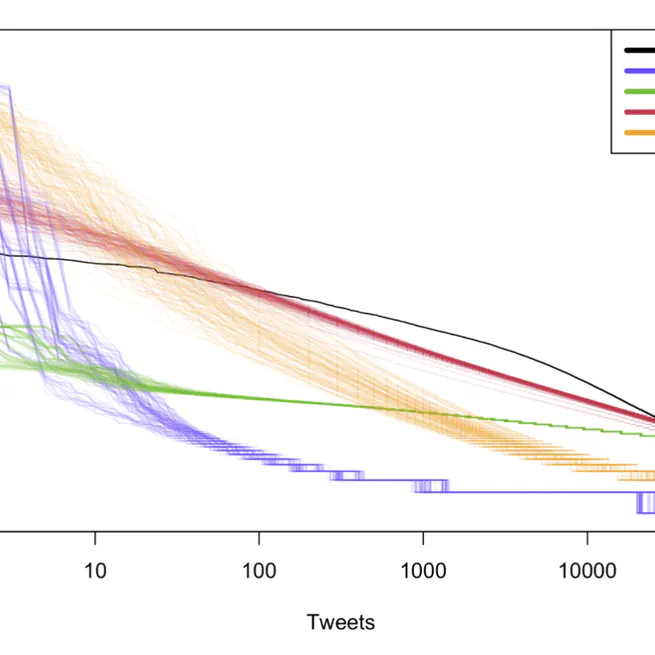
Negativity bias in the spread of voter fraud conspiracy theory tweets during the 2020 US election
Sep 14, 2023

Digital Culture
Feb 28, 2023
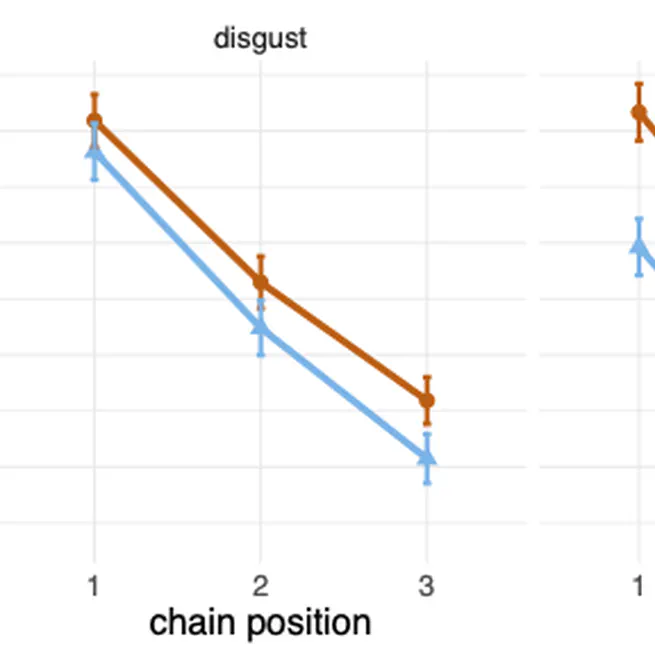
From storytelling to Facebook. Content biases when retelling or sharing a story
May 2, 2022
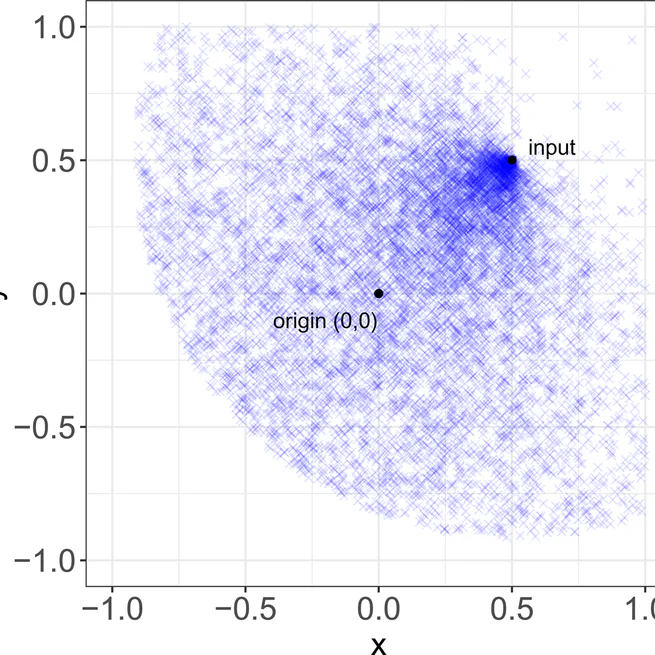
Culture without copying or selection
Nov 26, 2021
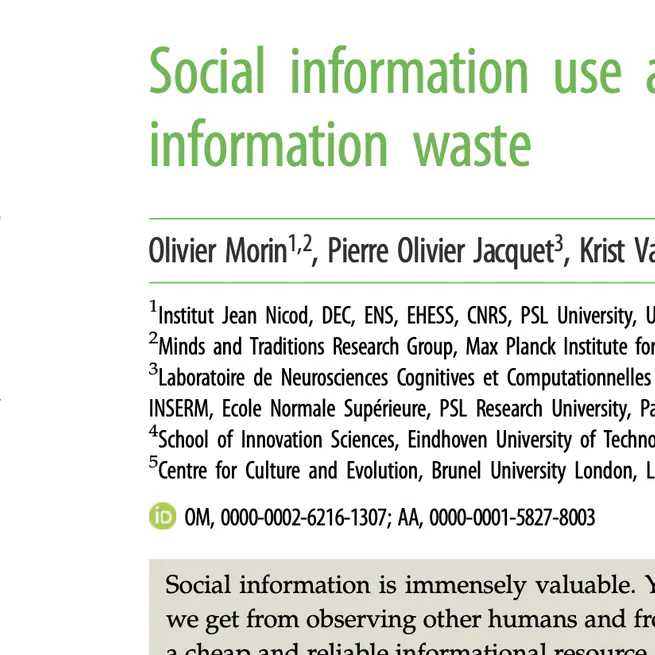
Social information use and social information waste
May 18, 2021
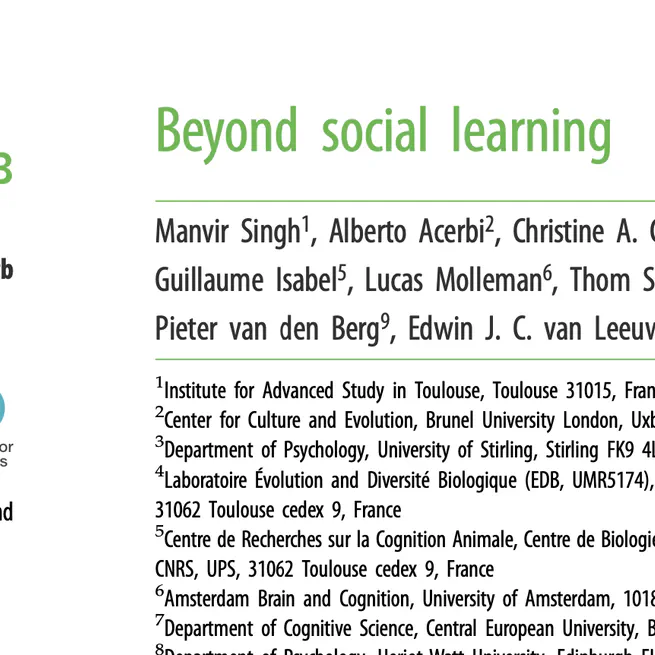
Beyond social learning
May 18, 2021
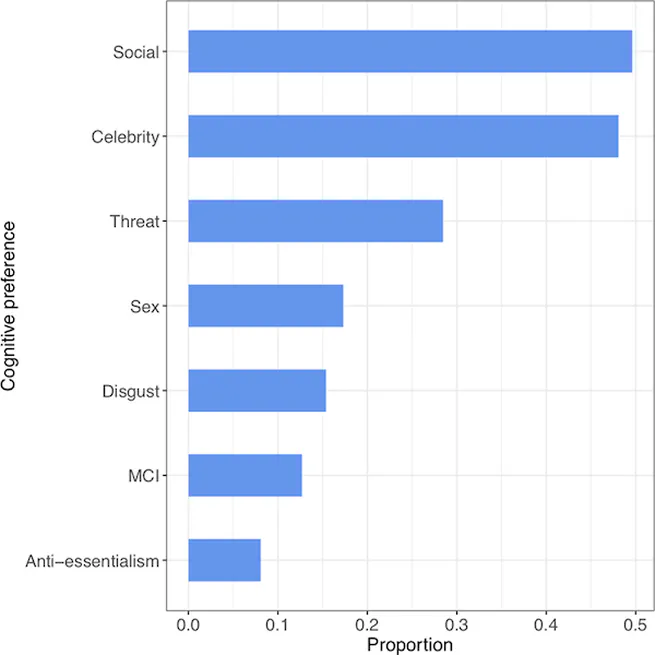
Cognitive attraction and online misinformation
Feb 12, 2019
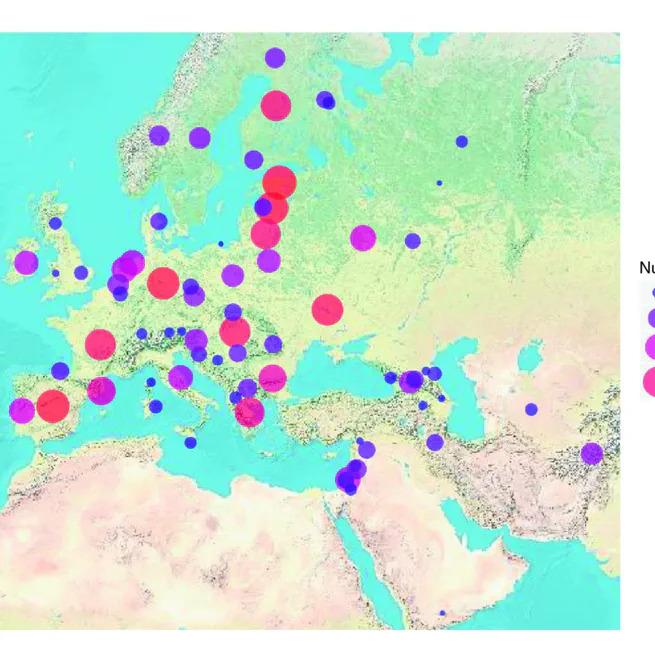
Cultural complexity and demography: the case of folktales
Jul 1, 2017
If we are all cultural Darwinians what’s the fuss about? Clarifying recent disagreements in the field of cultural evolution
Jun 3, 2015
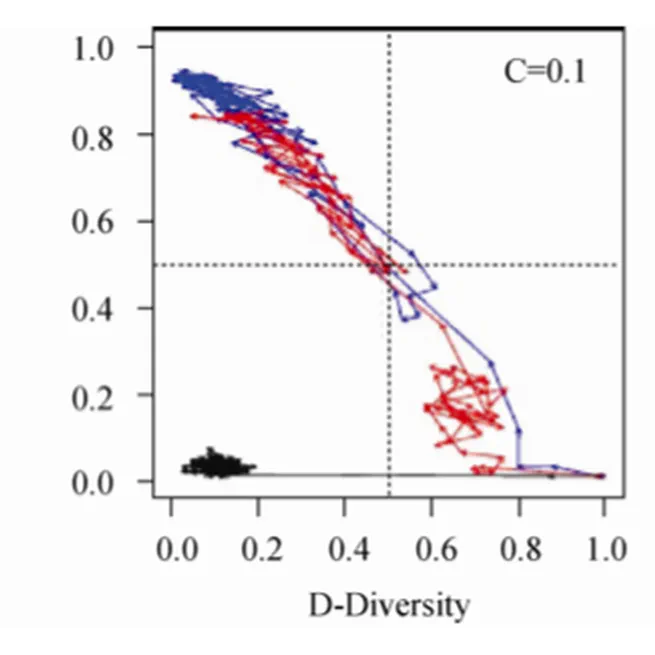
Behavioral constraints and the evolution of faithful social learning
Apr 1, 2012
Modelli evoluzionistici della cultura
Jan 1, 2009
Antropologia cognitiva e modularità della mente: il caso della folkbiology
Jan 1, 2006
Antropologia cognitiva: uno stato dell'arte
Dec 3, 2005
La mente nella cultura: cognizione ed analisi dei fatti culturali
Jan 1, 2005
Esiste una folkanthropology? E, se esiste, a chi interessa?
Jan 1, 2005